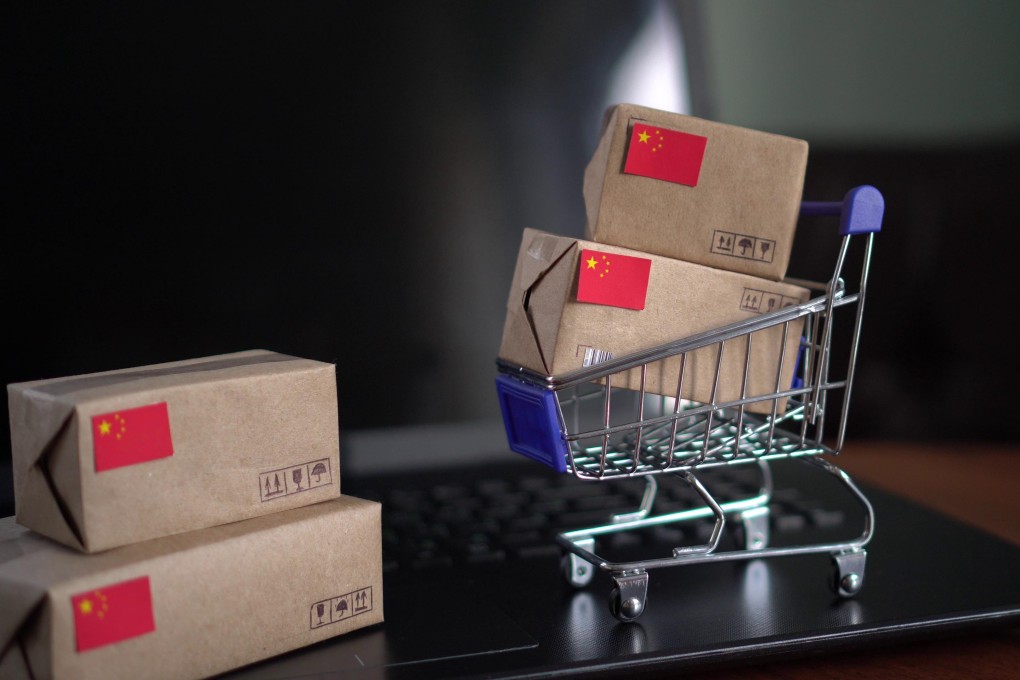Advertisement
Outside In | The US is making too big a deal over small Chinese parcels
- Alleging slave labour and drugs smuggling, some American senators are zoning in on how the country’s de minimis rule benefits Chinese companies
- But levying duties on low-value shipments will only punish consumers and small businesses – and do little to fight America’s fentanyl crisis
Reading Time:3 minutes
Why you can trust SCMP
7

Back in 2016, the US raised the duty exemption threshold for low-value imports from US$200 to US$800 under its de minimis rule. For importers, it meant that millions of small parcels arriving in the US could be fast-tracked through customs, duty-free.
Advertisement
For US customs, it cut the administrative hassle and cost, which the revenue due on such small consignments hardly justified – they were too small to be bothered about.
But US politicians have decided to be bothered, and as usual, they blame China. Driven by the e-shopping explosion turbocharged by the pandemic lockdowns, imports benefiting from the de minimis exemption have leapt from 220 million items in 2016 to 771 million in 2021.
China ships around 60 per cent of these parcels, of which Temu and Shein account for half. Last year, Shein, which boasts 30 million active users in the US, exported US$7.7 billion worth of goods to the country. Temu and Shein accounted for an estimated third of Meta’s revenue growth in the first nine months of this year as their ad spend in the US intensified. By comparison, the e-commerce businesses of Amazon and Walmart amounted to just US$5.2 billion apiece in the US, with Macy’s at US$4.9 billion.
Fast off the mark in targeting China and calling for the de minimis rule to be reversed was Robert Lighthizer, protectionist-in-chief during Donald Trump’s presidency. He complained to a House panel in May: “Nobody dreamt this would ever happen. Now we have packages coming in, 2 million packages a day, almost all from China. We have no idea what’s in them. We don’t really know what the value is.”
Advertisement
Complaints took a more specific shape under US senators Bill Cassidy and Tammy Baldwin, who in June unleashed the De Minimis Reciprocity Act. They allege that China is using de minimis to drive illicit trade, from cheap garments using forced Uygur labour to trafficking drugs. They say the loophole is at the heart of the fentanyl imports that last year killed as many as 70,000 Americans.

Advertisement
